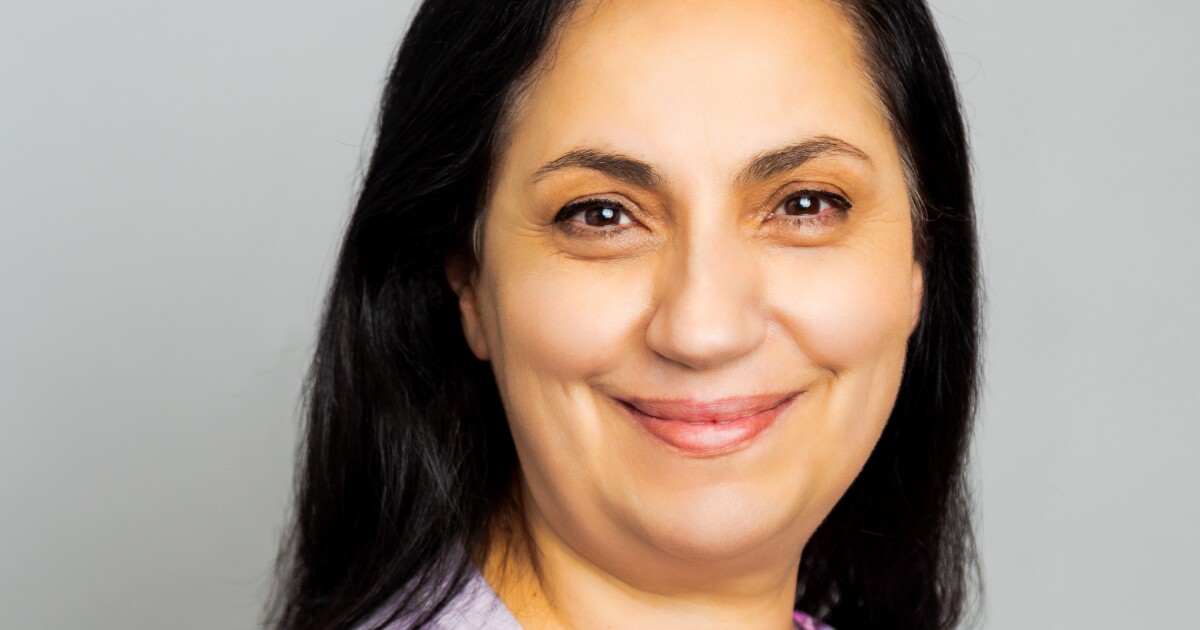In January, when the Trump administration put employees of the U.S. Agency for International Development on leave, some observers might have viewed the effects as distant.
But there are Pittsburghers who have seen USAID in operation up close. And on Wed., Oct. 29, several of them will join experts from the philanthropic sector to discuss the $35 billion agency’s accomplishments — and the effects of its dismantling — at The Termination of USAID: What’s at Stake for Global Relief and Local Impact, a free forum at the Andrew Carnegie Free Library & Music Hall, in Carnegie.
The event is presented by the library and the Pittsburgh Darfur Emergency Coalition, in partnership with the World Affairs Council of Pittsburgh and ANSAR of Pittsburgh, which works with refugees and immigrants here.
Speakers include Pittsburghers from around the world, including Ghana, South Sudan and Colombia.
USAID was founded in 1961 to fight hunger, poverty and disease and improve education abroad. The Trump administration targeted it because, it said, the agency’s mission did not align with U.S. interests. USAID has been defunded and is apparently being absorbed into the State Department, which is not an aid organization.
Wiam Younes said that USAID is very much in the national interest. She’s the founder and CEO of ANSAR, which since 2016 has helped resettle immigrants and refugees in Allegheny and Beaver counties, with everything from housing to finding work and enrolling in ESL classes.
USAID works only overseas. But in her native Jordan, Younes followed a USAID-backed initiative to help women start small businesses.
“These women were able to help their children, help their families and the community at large,” Younes said. “They sustained that small business with a small loan and training.”
She’s also lived in Pakistan, where USAID helped ensure people in a northern region of the country had clean, sustainable drinking water.
“People look at the U.S.A. as a superpower, and they are looking at how strong we are militarily. But our influence is more than just a military influence,” Younes said. “Our influence is like this project that helped develop these nations and make sure that they can sustain it afterwards.”
Other speakers at the Oct. 29 event include Yvonne Smith-Tapia, director of refugee resettlement at Pittsburgh’s Jewish Family & Community Services.
In her native Colombia, she said, “USAID creates a lot of jobs and opportunities.”
She said one of her first jobs out of college was with a USAID-funded program that worked to end child labor in the flower industry, a major source of export revenue there.
She added that her current work has been affected by the Trump administration’s new limits on refugees. Last year, under President Joe Biden, the U.S. was prepared to receive some 125,000 refugees fleeing civil strife, ecological crises and other troubles. This year, the Trump administration is seeking to limit refugees to 7,500, some 7,000 of whom would be Afrikaners, or white South Africans.
Smith-Tapia believes such policies are short-sighted. She said research indicates that immigrants and refugees as a whole “contribute to the economic prosperity of the United States more than they take [in] government benefits.”
“Refugee resettlement is not only a good program to do with values and morals, it’s also a smart economic decision,” she said.
Scheduled speakers at the forum also include: Edem Avtori, a native of Ghana and member of the Ghana Men’s Association of Pittsburgh; and Benedict Killang, a native of South Sudan who is senior program officer at Global Refuge.
Panelists include: John Prendergast, once a special advisor to former assistant secretary of state Susan Rice, and who along with actor George Clooney co-founded anti-war-crimes nonprofit The Sentry; Nyakan Giles, founder and CEO of South Sudan Women United; and Colin Thomas-Jensen, a former USAID advisor for national security who’s not a director with the Aurora Humanitarian Initiative.
The Oct. 29 event begins with a reception. Registration is required.

